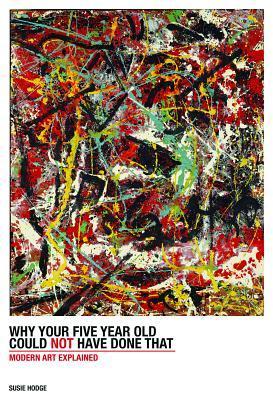What do you think?
Rate this book


224 pages, Paperback
First published January 1, 2012



* Though the so-called intentional fallacy is not actually a fallacy** - it does not make sense to say that someone is literally mistaken to think that the creator's view of an artwork is the only relevant one, since aesthetic interpretation doesn't admit of literal error - instead it's just an incredibly limited and superstitious philosophy - along the same lines as deontology in ethics. It makes art a small and mostly ancient thing, while aesthetic experience could instead rise to each of the potential billions of minds that come to it, and it always takes place in the present, with entirely novel meanings generated, far beyond the ken of any creator.
** I'm aware that 'fallacy' has found usage outside of its original meaning, 'a failure in logical reasoning'. But the new usage, committed for instance by Beardsley, is something shitey like 'a horrible belief I don't like boo'. I'm generally torn between a descriptive and a prescriptive philosophy of vocabulary, but in this case the bullying and sloppy-mindedness of the new usage makes me deny it outright. Some words are too important to give up. (Mostly epistemology tbf.)
*** This is an unforgivably poncey thing to say, not least because I don't think I really mean it. If crap artists had not usurped a good portion of all the species' attention and reverence, I don't think I'd care what modern art was like. But as it is they are cheaters - even the great ones. They cheat themselves into immortality and perceived profundity via the handy expedient of prettiness and vagueness or ugliness and vagueness. In a way, they and we cheat malaria victims of huge sums, while the very people who claim to care about global injustices cheer us dumping more money into it, while saying things like 'life isn't worth living without art'. Well, maybe it wouldn't be, but life is not worth living if you're dead either, and there is enough art already.